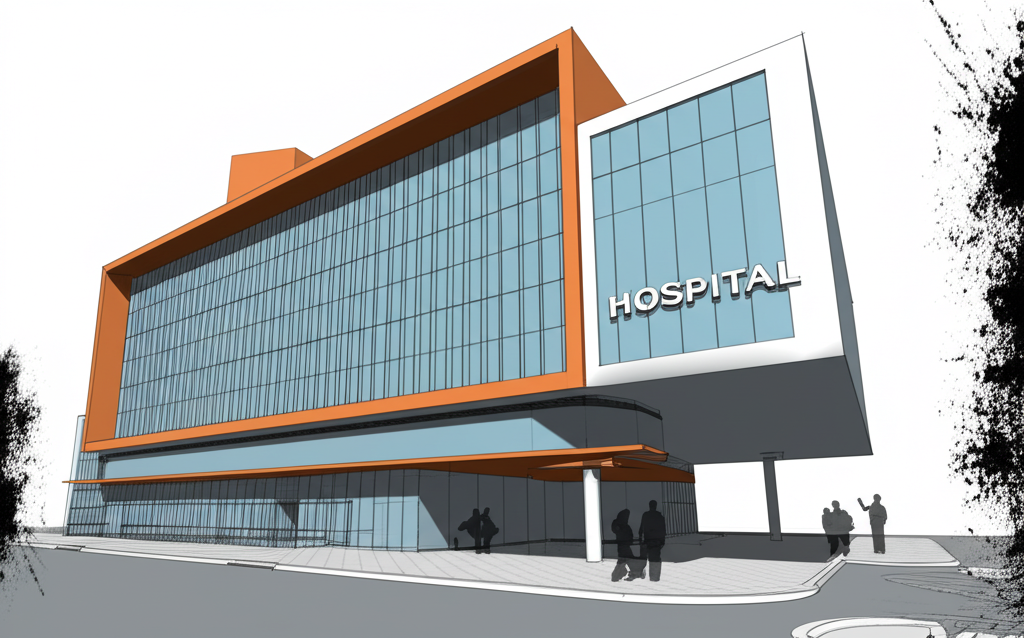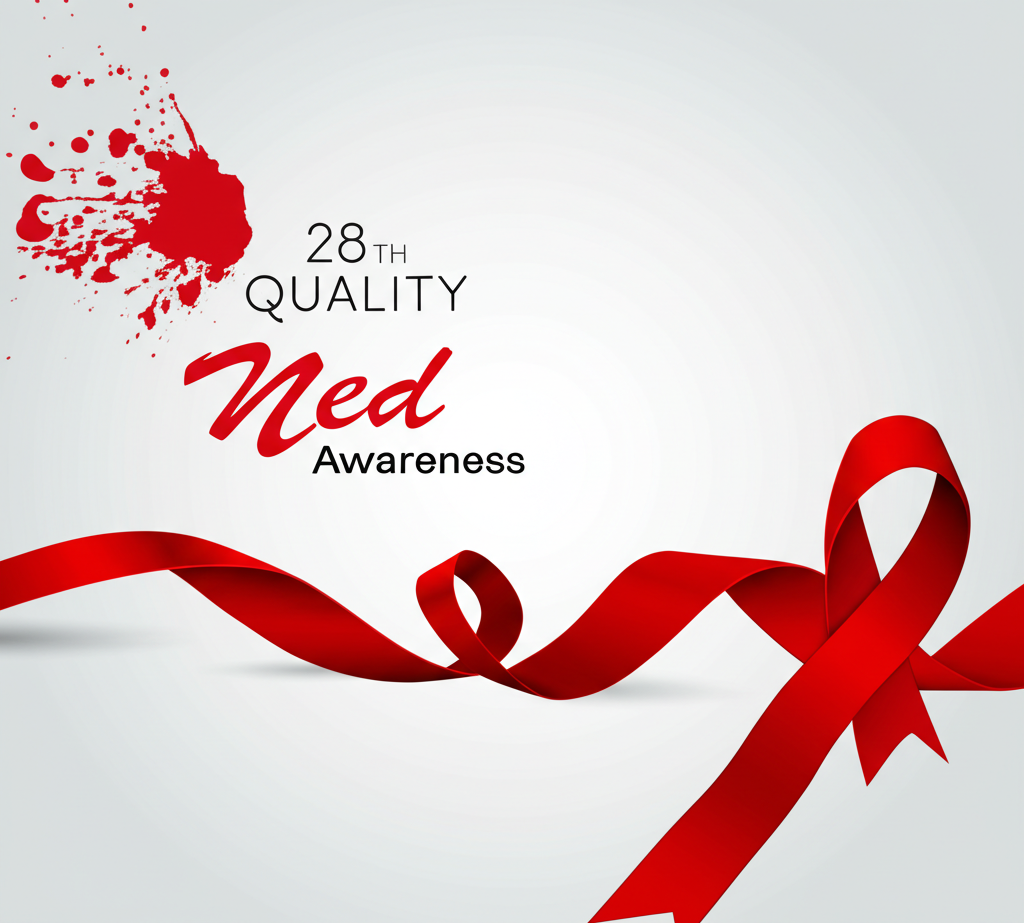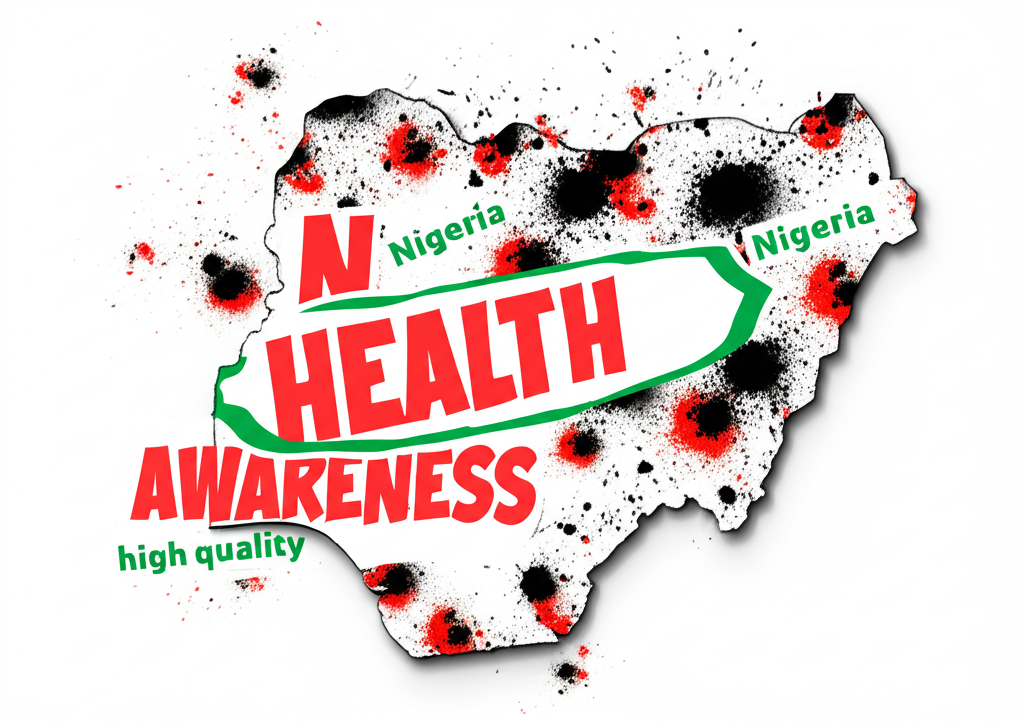Here’s a quick rundown of what’s happening:
- The African Medical Center of Excellence (AMCE) in Abuja aims to become a leading medical destination.
- The center wants to reverse medical tourism, attracting patients from around the world.
- AMCE focuses on treating non-communicable diseases like cancer and sickle cell anemia.
- The project is a partnership between Afrexim Bank and King’s College Hospital in London.
- AMCE also plans to invest in training local healthcare professionals.
Turning the Tables: Nigeria as a Healthcare Destination
Brian Deaver, CEO of the African Medical Centre of Excellence (AMCE), isn’t just talking about reducing the number of Nigerians seeking medical treatment overseas. He wants to completely flip the script. In a recent interview with ARISE NEWS, Deaver boldly stated, “Not only will we reduce the amount of outbound medical tourism, but we want to reverse it.”
His vision? People traveling from Europe, the US, China, and India to Abuja for cutting-edge medical expertise, advanced technology, and groundbreaking research. It sounds ambitious, but AMCE is putting the pieces in place to make it a reality.
What is the African Medical Centre of Excellence?
Located in Abuja, Nigeria, the AMCE is a collaboration between Afrexim Bank and King’s College Hospital in London. This state-of-the-art medical center is the first of five planned across the continent. The goal is to address critical healthcare gaps, particularly in the treatment of non-communicable diseases such as cancer and sickle cell anemia. By providing advanced care locally, AMCE aims to make healthcare more accessible to millions of Africans, both geographically and financially.
Why This Matters: The Cost of Africa’s Healthcare Crisis
Africa’s healthcare challenges are staggering. Every year, nearly 9 million cancer-related deaths occur worldwide, with a disproportionate number in low-income countries. Compounding the problem, the continent loses an estimated $10 billion annually to outbound medical tourism as patients seek treatment abroad. This financial drain further weakens already strained healthcare systems.
According to the World Health Organization (WHO), Africa bears 24% of the global disease burden but has access to only 3% of healthcare workers and less than 1% of the world’s financial resources.
More Than Just Saving Lives: Impact on Local Communities
AMCE’s impact will extend beyond just treating patients. Deaver emphasizes the importance of community-level benefits. “As we look out five years from now, I want to be able to report that hundreds of families have been relieved because their family member who suffered from sickle cell, they’ve been cured. And then outside of that, it just stays with the people.”
The center also aims to strengthen Africa’s healthcare infrastructure by investing in its people. “We want to develop our people. We want to develop health care leaders. We want to develop health care professionals, clinicians and otherwise. And so we want to see a net increase there as well,” Deaver added.
Investing in the Future of African Healthcare
Initiatives like the AMCE represent a significant step towards medical self-reliance and lasting change in Africa. By providing world-class care, fostering local expertise, and reducing the need for outbound medical tourism, AMCE is paving the way for a healthier and more prosperous future for the continent.
Related Developments
- Shettima: Nigeria is seeing a rise in reverse medical tourism.
- Akwaaba: Medical tourism could attract African practitioners in the diaspora.
- Experts say tourism should be Nigeria’s top revenue source, surpassing oil and gas.





